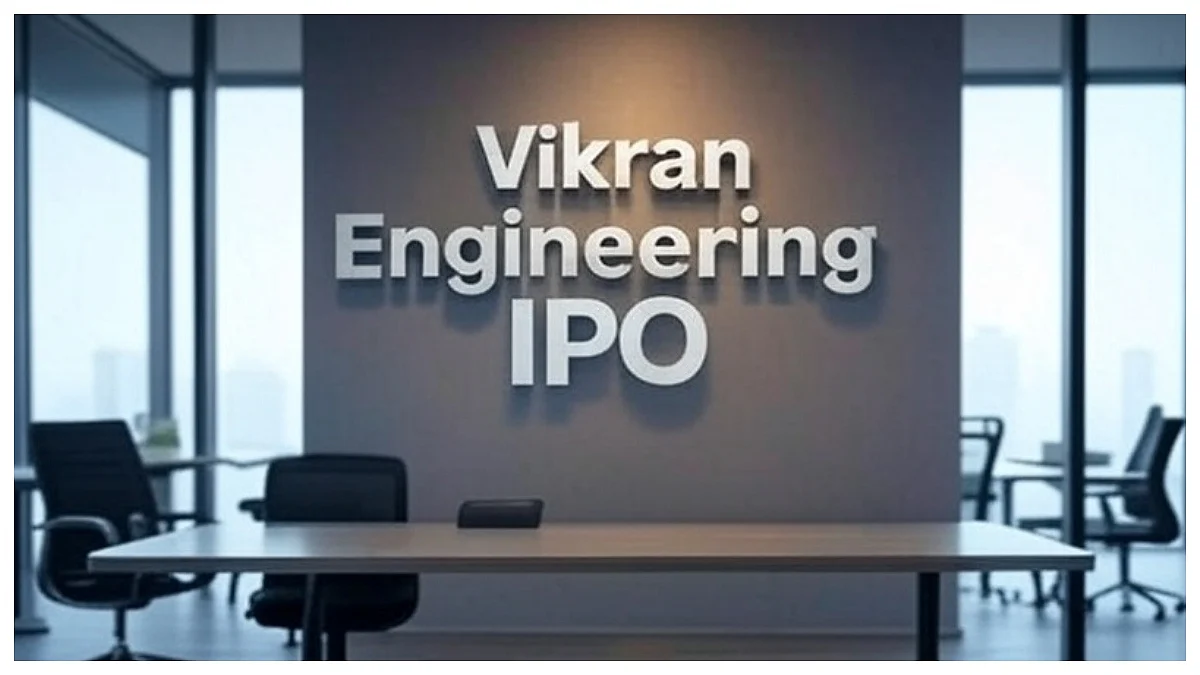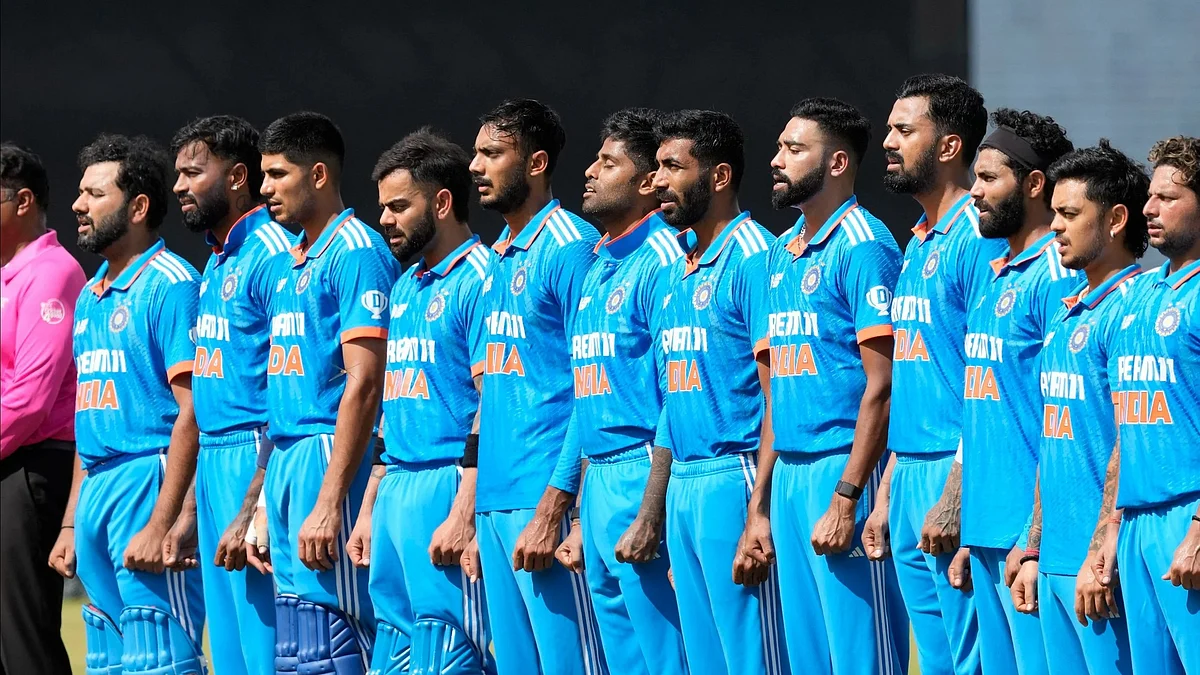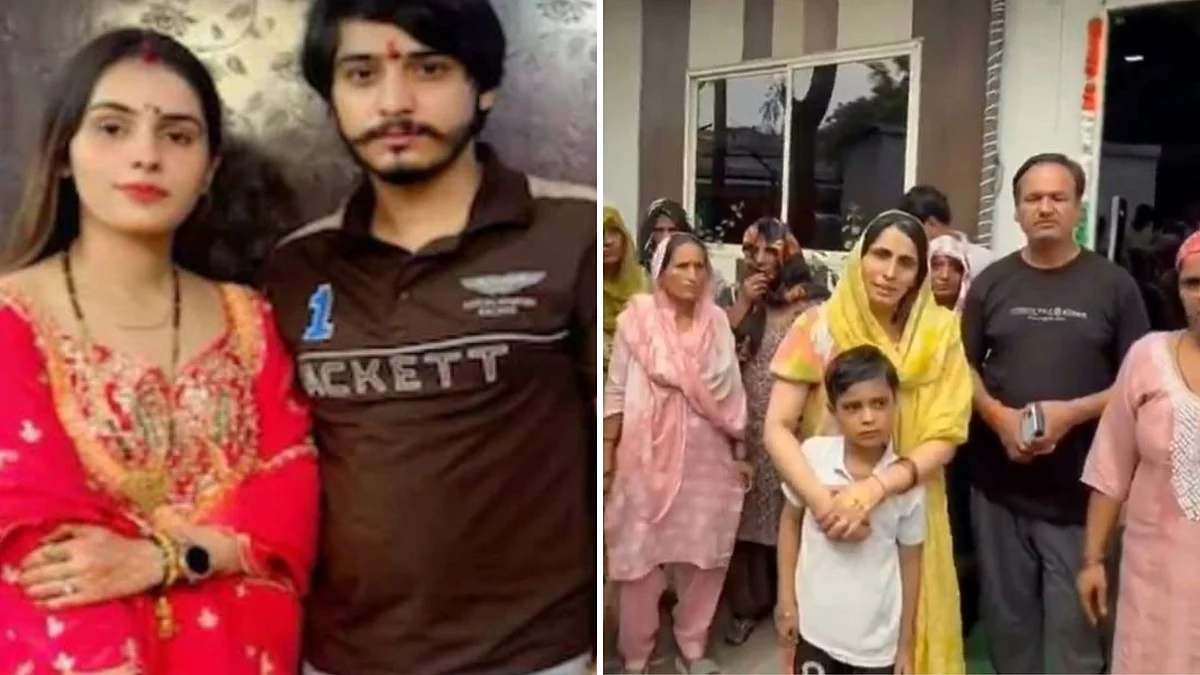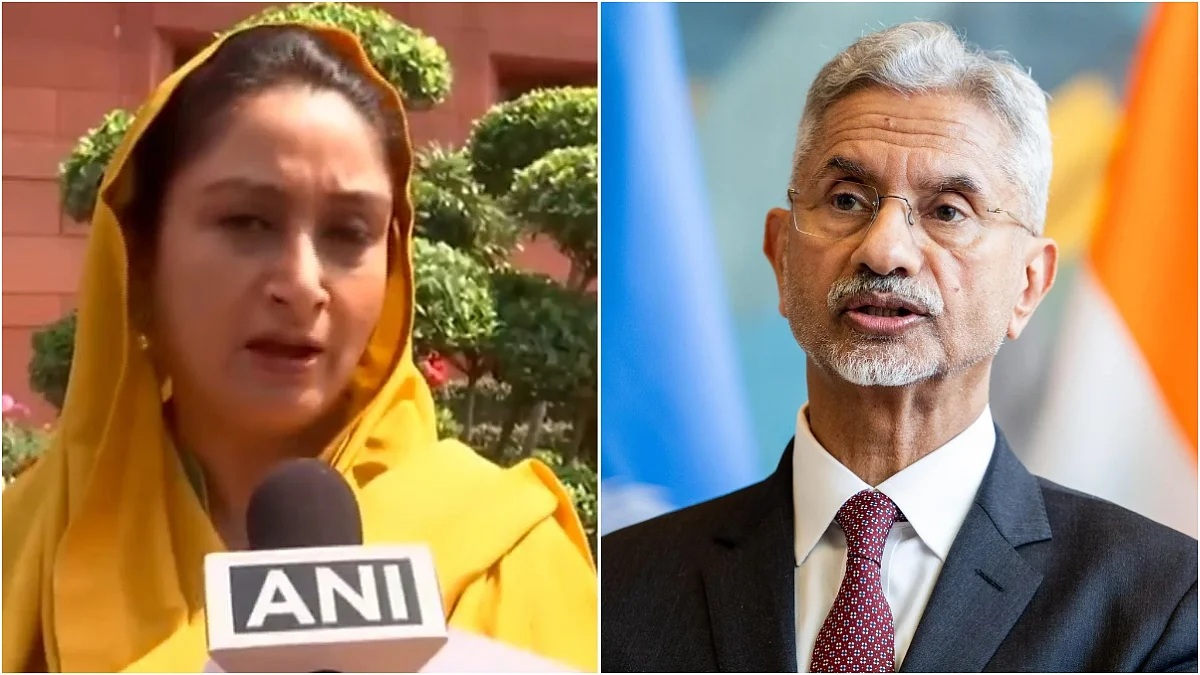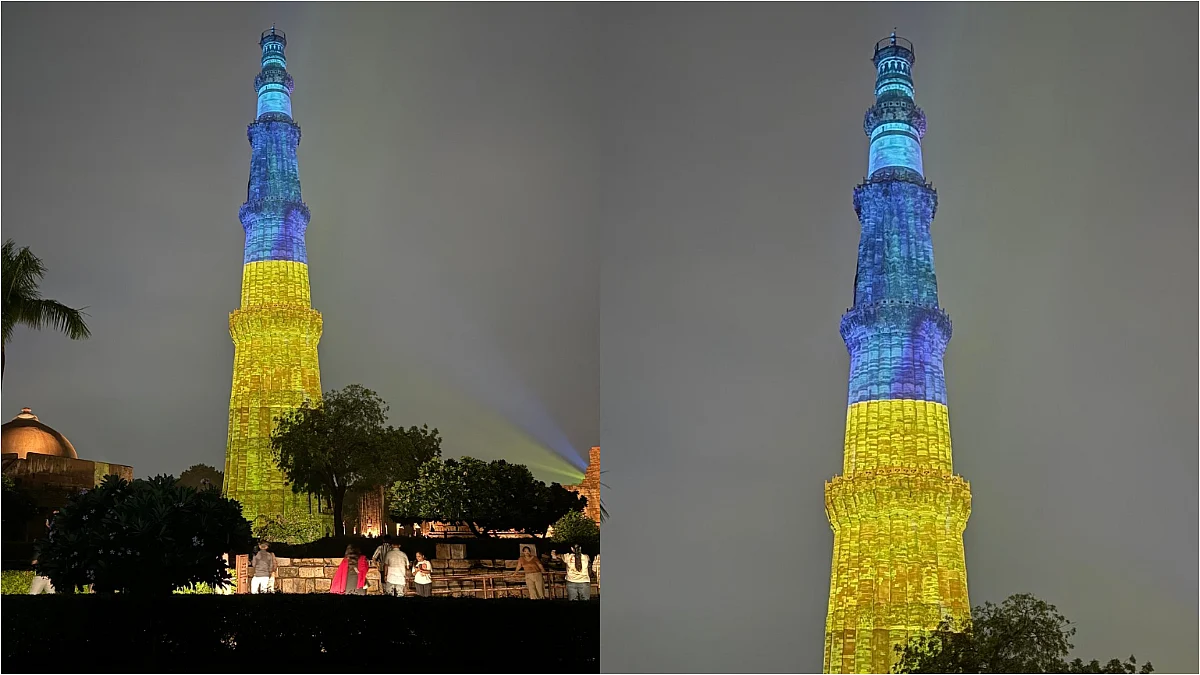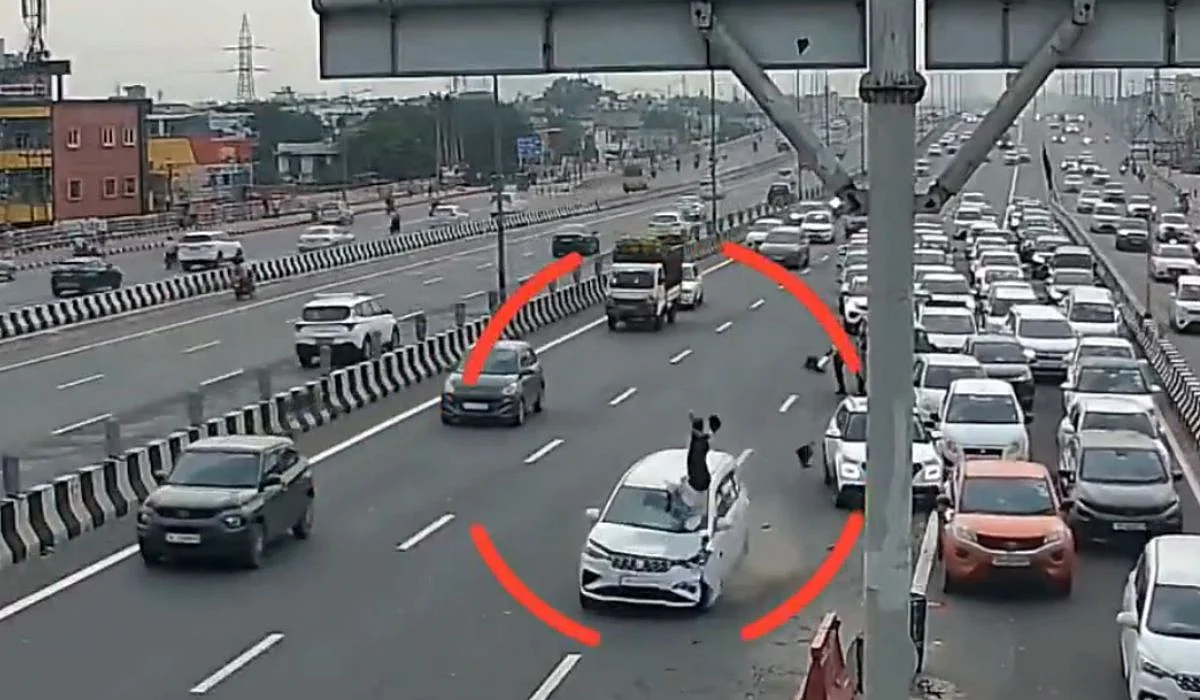Our guest today is Justice BN Srikrishna. Former judge of the Supreme Court of India. He is someone who has made innumerable contributions to our country as a jurist and renowned judge. Though he retired from the Supreme Court in 2006, he has been appointed to several committees by the UPA and BJP governments for his expert recommendations on a host of issues including financial sector reforms and data protection policies. He talks about the new digital private data protection framework, about the Srikrishna Commission on the Bombay riots between December 1992 and January 1993, and about legal reforms and independence of the judiciary.
Watch the full interview by Anushka Jagtiani on Buzz by the Bay on the Free Press Journal Youtube channel.
‘Fools rush in where angels fear to tread’
Q. Though you retired in 2006 from the Supreme Court, retirement has been no retirement. You’ve been on many government committees and you are an eminent arbitrator as well. What have you been involved with recently?
Ans. Like they say in America I’m between 2 jobs. I finished the last one - as chairman of the data protection committee and after that I’m really not doing any serious work. Except some private work of consultations and opinions.
Q: You mentioned the data protection committee that you were appointed chairman of. The Digital Private Data Protection (DPDP Act 2023) was enacted in 2023 based on your committee’s recommendations. I did see some statements of yours where you’ve said that the DPDP act grants many exemptions to the government from all sections of the law, and that is a cause of concern, because the executive can infringe on the fundamental right to privacy?
Ans: The Supreme Court gave us a momentous decision in the Puttaswamy case when the Aadhar was challenged. The SC said that right to privacy is a fundamental right. If it is a fundamental right, it cannot be breached by any other process except by parliamentary legislation which is again enacted according to the triple principles that the Supreme Court has laid down in that Aadhar case. Now unfortunately the government did not accept, for reasons good or bad, what we had suggested in the draft, that there should be a separate law on how to deal with a breach in the fundamental right of privacy. Finally they came out with the Digital Personal Data Protection Act. If you notice in the act, virtually every section grants exemption to the government or government body from all or any of the sections. This power is available to the executive. So if tomorrow the government says, ‘Hey, look we don’t want to apply to any of our departments’, that would be a legitimate exercise on their part. Subject of course to constitutional challenges. It’s dangerous from the point of view of the citizens. It’s virtually giving a blank cheque to somebody.
Q: Under what circumstances would it be permissible to access data without consent?
And: You see there may be circumstances which justify accessing. For example if there is a legitimate reason to suspect that somebody is a terrorist or terror financier, then there may be reason to look at his financial data. there must be enough guard rails for the exercise of this. Before you say that somebody is a terrorist you must have something in your hand to show that there is some evidence leading to some terrorist activity on his part.
Q: What safeguards had your committee introduced in the data protection draft that you submitted to the government?
Ans: We had started in the report by saying that as far as data privacy is concerned, you should have the government bodies and private bodies on the same platform. Because what is true for the goose is true for the gander also. That is one principal that has been blatantly violated. The other is that there should be a regulator called data protection authority who should be set up within six months of the act being notified (DPDP act). We had suggested that the regulator must be an independent person. Conceptually the regulator must have sufficient autonomy, albeit that finally the regulator is also an extension of the executive. But in his day to day work he should not be subjected to executive authority. All that has been totally given a go by.
Q: Going back a couple of decades to the very famous Srikrishna commission report on the 1992-93 Bombay riots. It was a one man commission and a difficult task. You took it on as a duty to the nation almost like a karma yogi. The commission examined 502 witnesses and gave its report in 1998. As a citizen how do you feel that all the recommendations were not really implemented after so much painstaking efforts?
Ans: At that time no other judge in the Bombay high court was willing to put his neck into this. As the saying goes, fools rush in where angels fear to tread. All the angels were fearing to tread and I was the fool who rushed in. Maybe it’s on account of my foolishness or on account of misplaced sense of duty to the county. But incidentally, even in the last commission - the data protection one- the then law minister had called me up and said, ‘Srikrishna ji aap desh ke liye ek bada kaam karna hain’, that is how I got involved into it. You said that a large number of recommendations made by me were not implemented. It has been my uniform experience that most of the recommendations made by me in most of the commissions have not been accepted. Expect the pay commission because everybody got a 350 - 400 percent rise in pay. There also the 6th pay commission had identified five or six ministries as useless - to abolish them. That was not accepted. We had said there are too many government holidays, cut them down. That was also not accepted. But when we said increase the pay by 300-400 per cent depending on the level that was promptly implemented.

